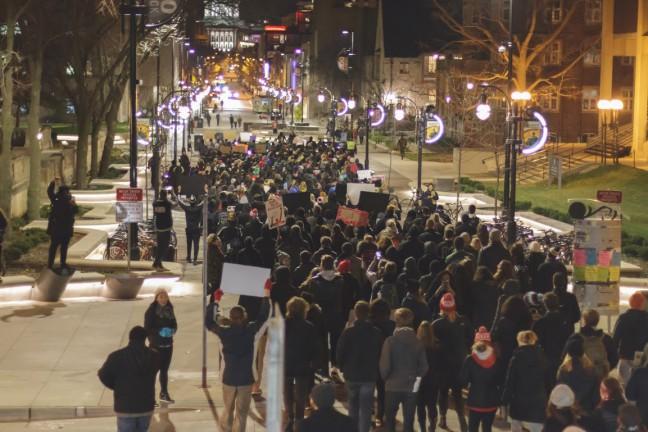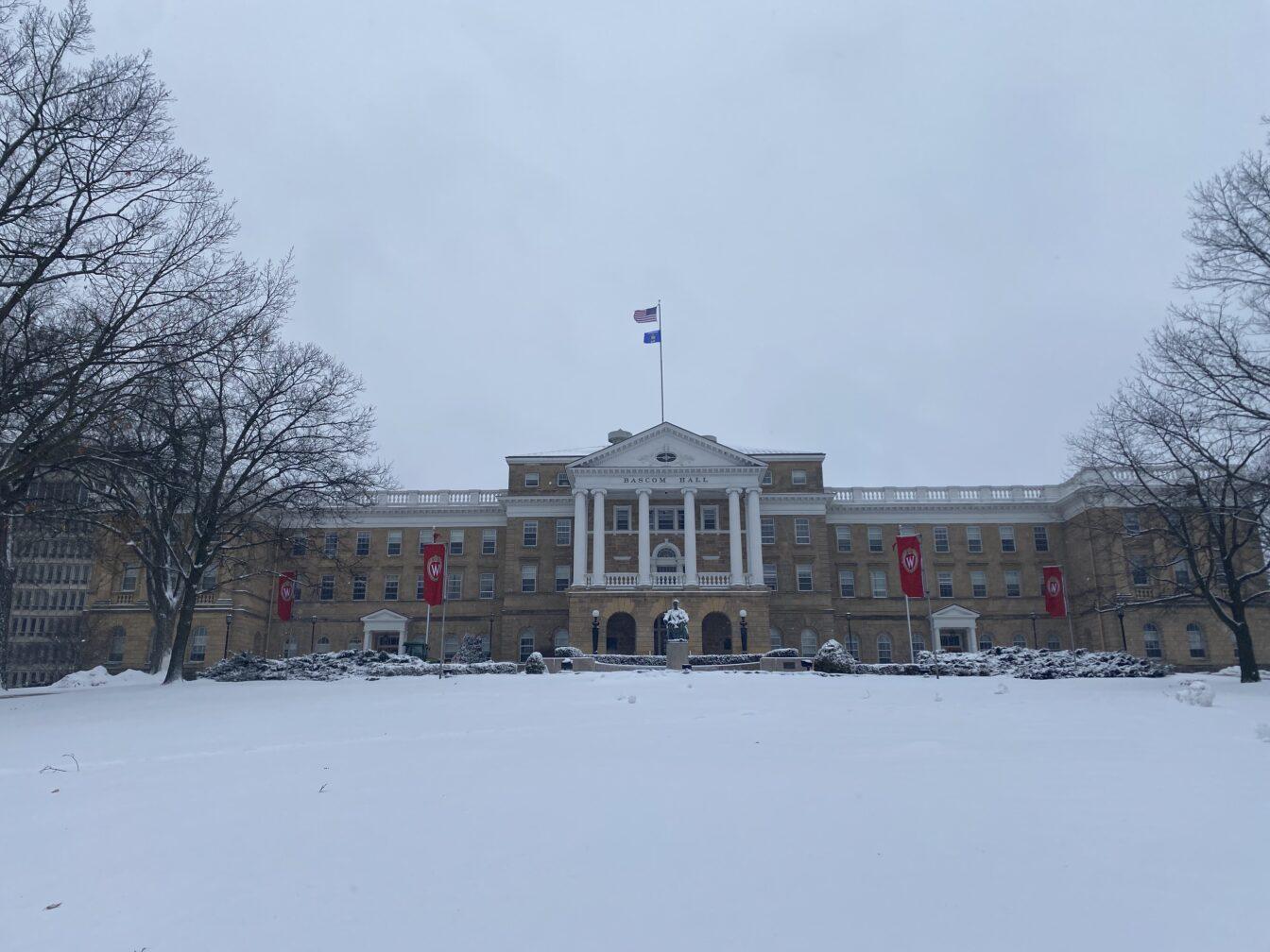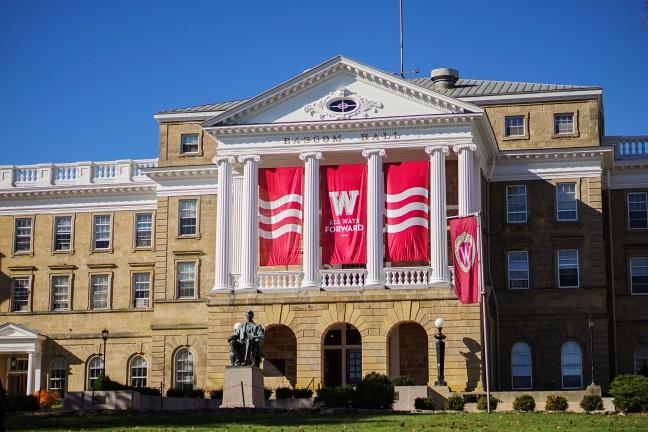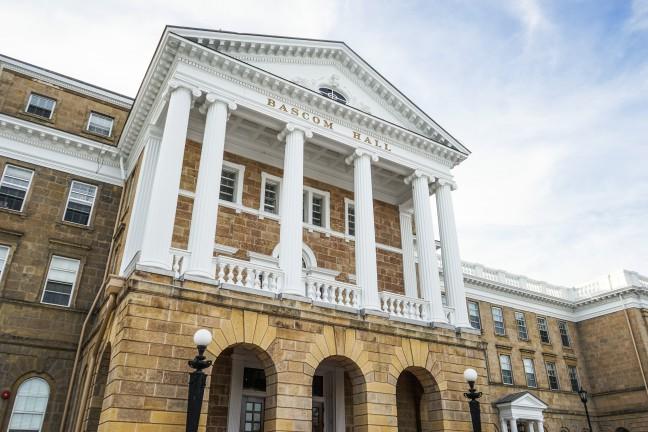The University of Wisconsin-Madison’s student body often prides itself on its history of student activism — as it should.
While the era of Vietnam protests may be over, in recent years students have mobilized in large numbers to show support for the Black Lives Matter movement, notably in December 2014, and again in November 2015.
March 6, 2015, 19-year-old Tony Robinson was killed at the hands of a Madison police officer. In the protests that followed, the city mobilized en masse, but UW representation was noticeably absent.
As Jerome Flowers, Robinson family spokesperson, said in an interview with The Badger Herald, “Madison likes its advocacy from a distance.”
Students, community members protest peacefully in Black Out March
With the majority of the student body remaining passive in light of student mobilization efforts, students are missing the potential to enact the change that comes from standing together.
“It wasn’t until I actually came to this campus that I realized that a lot of my majority peers, and a lot of people see protesting as ignorant noise,” Kenneth Cole, UW-Madison senior, student activist and organizer of the Black Out Movement, said.
University of Wisconsin senior seeks to spark change on campus through action
“Madison likes its advocacy from a distance.”
Slow but steady: A look at community efforts since Race to Equity report
Madison, a city rife with systemic racial divides, and the campus, a place where institution-wide inequality and racism in interpersonal relations is visible, are both in need of continued reform.
Cole pointed to an incident where students donned black face to a UW-Whitewater campus on Halloween, as well as the recent swastika incident at UW-Madison, as evidence that racism exists in the UW System.
Cole told The Badger Herald it’s the students’ “job and duty” to combat these issues.
“There’s been so many incidents that parallel these issues across the nation … I think more and more students have decided that we’re going to stand up and we’re going to actually say something about the issues that matter to us,” Cole said.
“Students don’t really know or understand the power we have when we stand together,” he said.
One year later: Madison activists continue to work toward ‘Justice for Tony’
With this weekend marking the one-year anniversary of Robinson’s death, Cole said it is important to reflect on the truths of inequality and oppression in our society.
“It’s an incident that happened in Madison that reflects a large, large occurrence of issues across the United States, and a huge possibility of future incidents that can potentially happen,” he said.
This weekend it is time for all UW-Madison students to stand in support with our city, to show that we are not just “fair-weather activists.”
It’s time for us to bring this home.


















